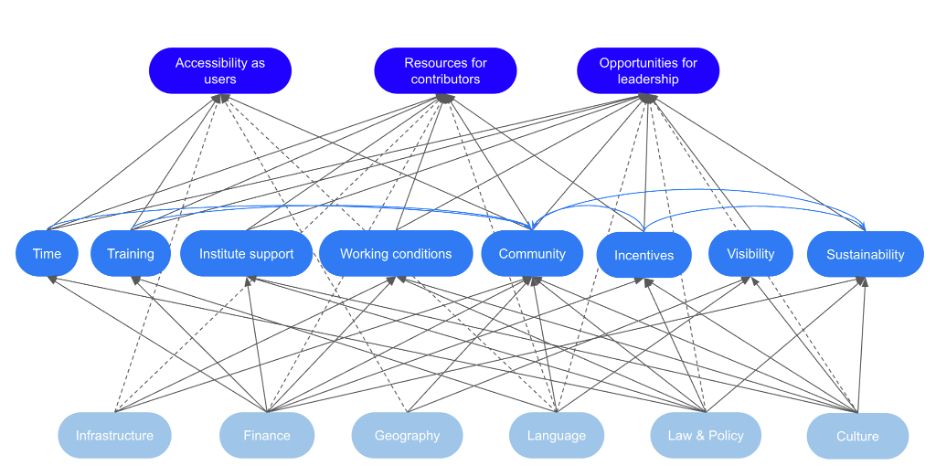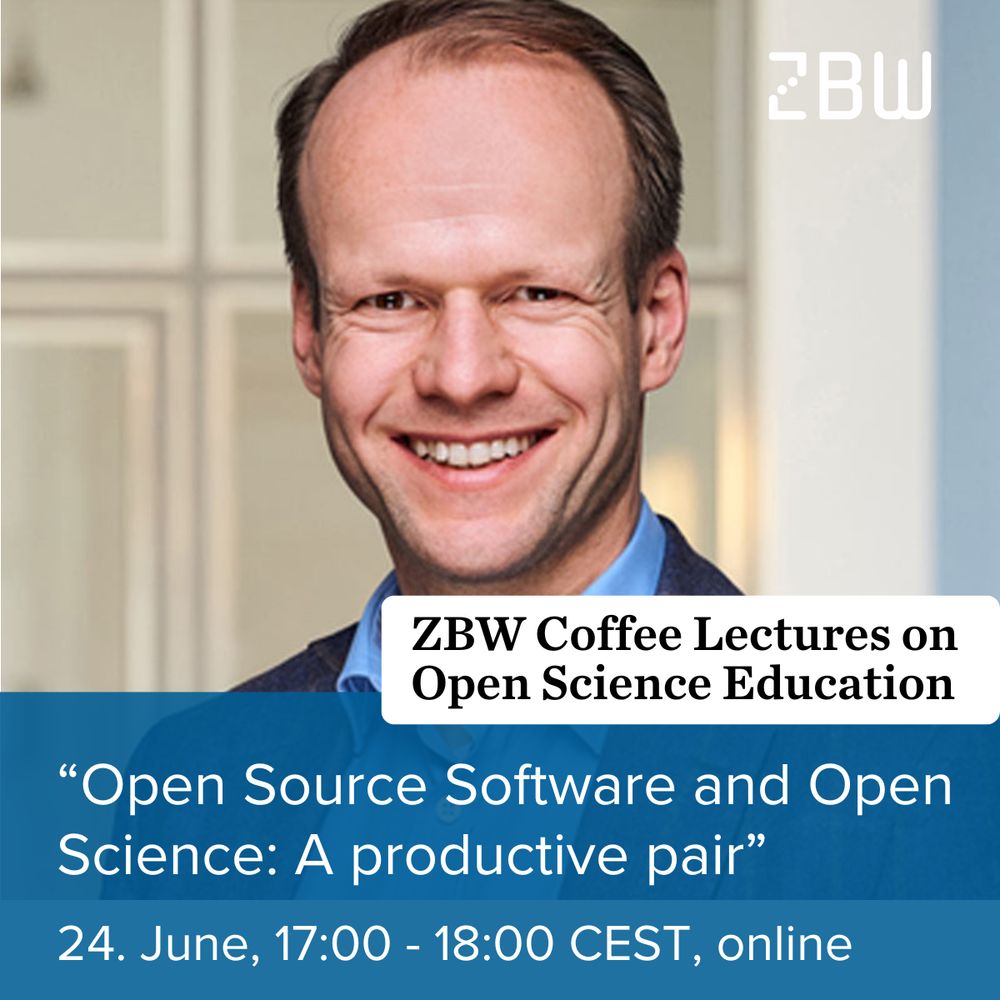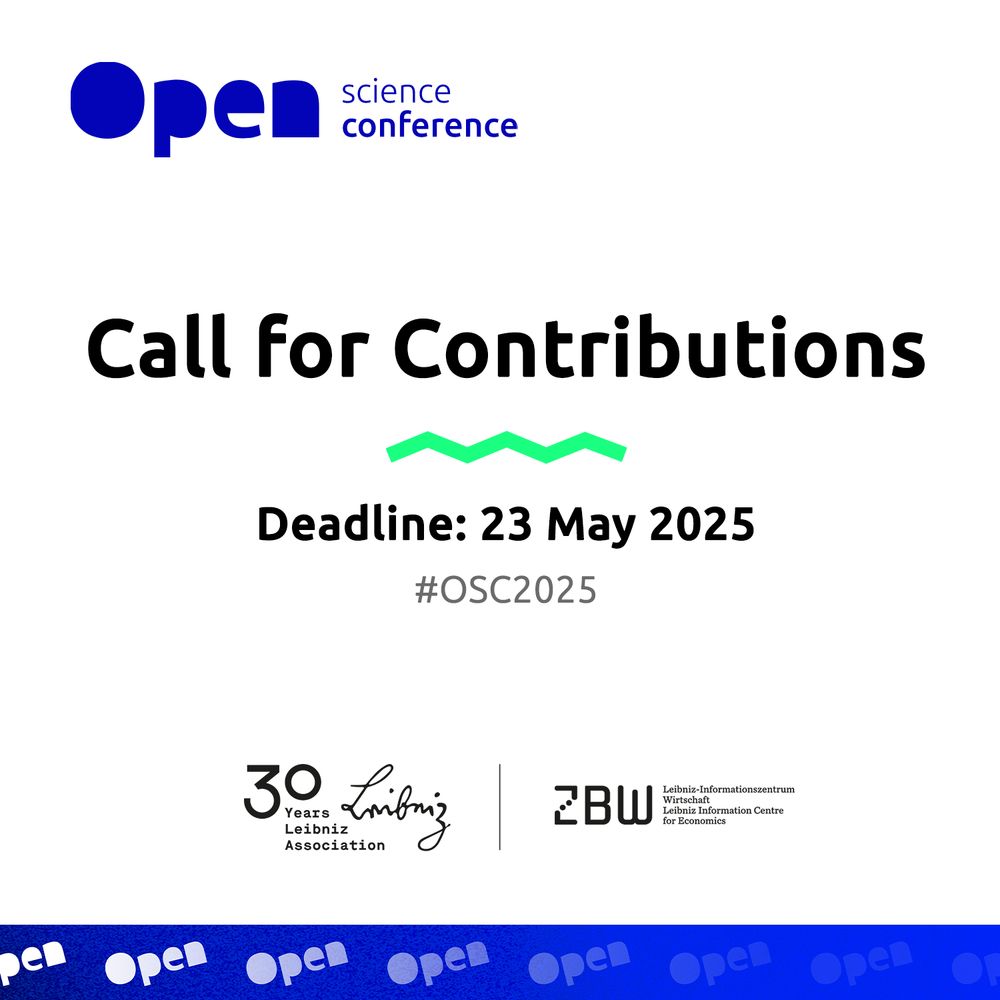JCRE
@jcre.bsky.social
180 followers
77 following
17 posts
Journal of Comments and Replications in Economics
https://www.jcr-econ.org/ hosted at @zbw-leibniz.bsky.social. Supported by @jherzstiftung.bsky.social
Editors: W. Robert Reed, @mariannesaam.bsky.social, Dennis Wesselbaum, @chuanliu.bsky.social
Posts
Media
Videos
Starter Packs
Reposted by JCRE
Reposted by JCRE
JCRE
@jcre.bsky.social
· Jul 30
JCRE
@jcre.bsky.social
· Jul 30
Reposted by JCRE
Marianne Saam
@mariannesaam.bsky.social
· Jun 30
Leibniz Open Science Day 2025: Better Science for Better Policies
Where? Berlin. When? 27 October 2025. Replications and meta-studies in particular are becoming increasingly crucial to ensure the reliability and validity of scientific research findings.
www.zbw.eu
Reposted by JCRE
Reposted by JCRE
Reposted by JCRE
BITSS
@ucbitss.bsky.social
· Jun 18

Assessing Reproducibility in Economics Using Standardized Crowd-sourced Analysis
Founded in 1920, the NBER is a private, non-profit, non-partisan organization dedicated to conducting economic research and to disseminating research findings among academics, public policy makers, an...
www.nber.org
JCRE
@jcre.bsky.social
· Jun 17
JCRE
@jcre.bsky.social
· Jun 17
JCRE
@jcre.bsky.social
· Jun 17
JCRE
@jcre.bsky.social
· Jun 17
Reposted by JCRE
Reposted by JCRE
JCRE
@jcre.bsky.social
· May 5
JCRE
@jcre.bsky.social
· May 5
JCRE
@jcre.bsky.social
· May 5
Reposted by JCRE
JCRE
@jcre.bsky.social
· Apr 16
JCRE
@jcre.bsky.social
· Apr 16








